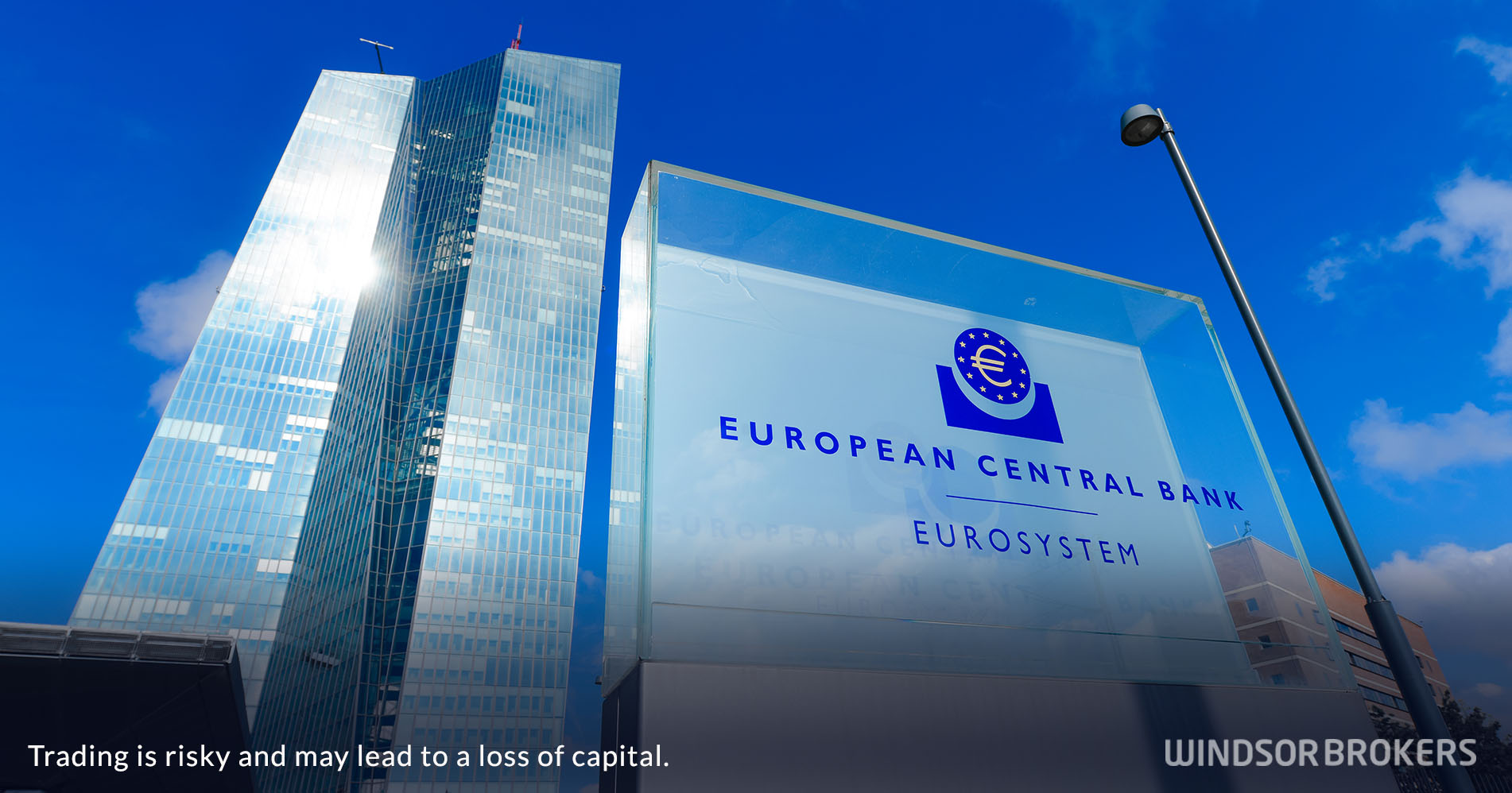Dovish ECB’s stance signals the central bank is further diverging from its major peers
The European Central Bank kept its benchmark interest rates unchanged, as widely expected and stuck to its decision to end the stimulus program in the third quarter this year but did not provide any further details that disappointed markets, as many expected hawkish reaction in light of surging inflation that prompted a number of major central banks to start tightening policies.
The ECB’s President Christine Lagarde pointed to growing uncertainty on the war in Ukraine, as the main obstacle, but said that the central bank will maintain optionality, gradualism and flexibility in conducting its monetary policy.
The end of asset purchases could come at any time in the third quarter, but without any further information about timing, as well as no timeframe for when the central bank would start to raise rates, adding that rate hike could occur weeks or even months after the stimulus ends and when the ECB gets there.
Unexpectedly dovish stance suggests that the European Central bank is diverging from its all major peers, as the US Federal Reserve and The Bank of England already started to tighten their policies after nearly three years, with the US central bank leading on expectations for eight or more hikes in next two years, while the most recent action in increasing the cost of borrowing, was seen from the central banks of New Zealand, Canada and South Korea.
The policymakers were split, as hawks, including governors of Germany, Austria, Netherlands and Belgium, made the case for rate hikes, arguing that inflation could rise further, with households and the economies overall being already strongly hit by rising energy prices, draining household savings and growing uncertainty.
On the other side, doves supported their decision by the notion that the most of inflation is a result of external supply shock, therefore the price pressures will fade over time.
Lagarde supported the central bank’s decision to stay on hold, by the situation in Ukraine, as all 19 economies of the Eurozone are heavily exposed to the conflict that further damages the confidence and adds to persisting supply disruptions which started during coronavirus pandemic.
The bloc’s members are also strongly concerned about the reverse impact of sanctions imposed to Russia, as the newest plan to add Russian oil and natural gas to the list of banned items imported from Russia, as the bloc is so far lacking unity on this matter, with strong dissonant tones coming from Germany, the EU’s largest economy, Hungary and Slovakia.
If all members agree on imposing sanctions on energy from Russia that would further undermine already fragile bloc’s economy, weakened by pandemic and sent most of countries of the union into recession, scenario that all want to avoid.
Lagarde stressed that EU economy’s development will be strongly dependent on how the conflict evolves that results in the central bank’s prolonged ‘sit and wait’ policy which continues to damage the confidence and darkens the outlook, as economists already lowered bets for rate hike by the end of the year.
The ECB currently faces two opposing economic forces as recent surge in inflation, which rose to a record high at 7.5%, collides with central bank’s purchases of nearly 5 trillion euros of public and private debts in past few years, aiming to revive inflation which was stubbornly low since 2015 until recently.


